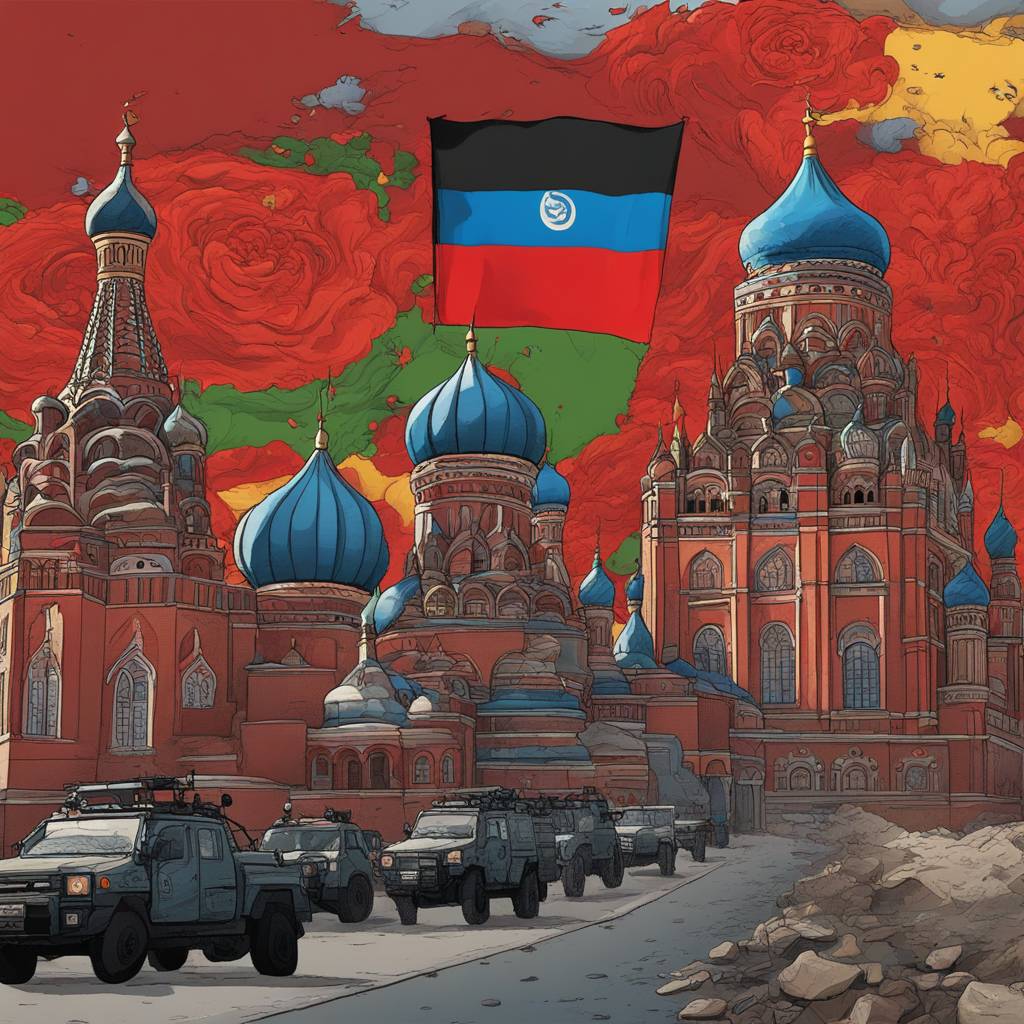The terrorist attack on Moscow’s Crocus City concert hall was the worst attack in Russia in over 20 years, leaving 137 people dead and over 180 wounded. Gunmen, identified as Tajik nationals, entered the concert hall with automatic weapons and indiscriminately opened fire. The Islamic State’s affiliate in Afghanistan, known as ISIS-K, claimed responsibility for the brutal attack. The group has been active post-caliphate and was also responsible for a suicide attack on Kabul airport in August 2021. The deadly attack in Moscow comes after ISIS claimed responsibility for twin suicide bombings in January that killed at least 95 people commemorating the death of Gen. Qassem Soleimani, head of Iran’s Revolutionary Guard. ISIS-K’s expansion is a direct result of the Taliban allowing terror networks and foreign fighters to enter Afghanistan.
Russia’s actions in Syria, ties to Iran, treatment of Muslim minorities, and wars against Chechnya have made it a target for ISIS-K. The group, formed in 2015 mainly operating in Afghanistan but expanding globally, poses a threat to the Taliban’s rule and seeks to undermine the regime while targeting foreign interests in Afghanistan. Many countries are now grappling with how to deal with ISIS and other terrorist networks in unstable nations with weak governance. Potential solutions involve arming relative moderates and empowering rebel forces who brand themselves as anti-ISIS. The Afghan National Resistance Front (NRF) has stepped up attacks against the Taliban to dislodge them and reinstall the Afghan Republic.
The NRF recently expanded operations in western Afghanistan and Herat City, increasing attacks on the Taliban. They have also intensified efforts in Kabul, showcasing growing support across Afghanistan and strategic capabilities in confronting the Taliban. While the Taliban downplay the threat posed by the NRF and other armed groups, the U.S. Intelligence Community’s Annual Threat Assessment states that regime-threatening resistance remains low in Afghanistan due to weariness of war and lack of strong leadership. The NRF hopes to organize a unified political opposition to govern Afghanistan without the Taliban but has so far struggled to gain international recognition, external financial backing, and endorsement from the U.S.
ISIS-K’s expansion and potential for attacks on a larger scale than the Moscow attack have raised concerns about the future of Afghanistan and the region. The NRF is respected and supported by many Afghans but may face challenges in achieving their goal of liberating Afghanistan without active support from the population, external moral and military support, and diplomatic interventions. The United States and other countries do not support further armed conflict in Afghanistan, emphasizing the need for stability and peace in the war-torn nation. The NRF’s efforts to combat ISIS-K and the Taliban are part of a larger struggle for control and governance in Afghanistan amid ongoing violence and instability.


